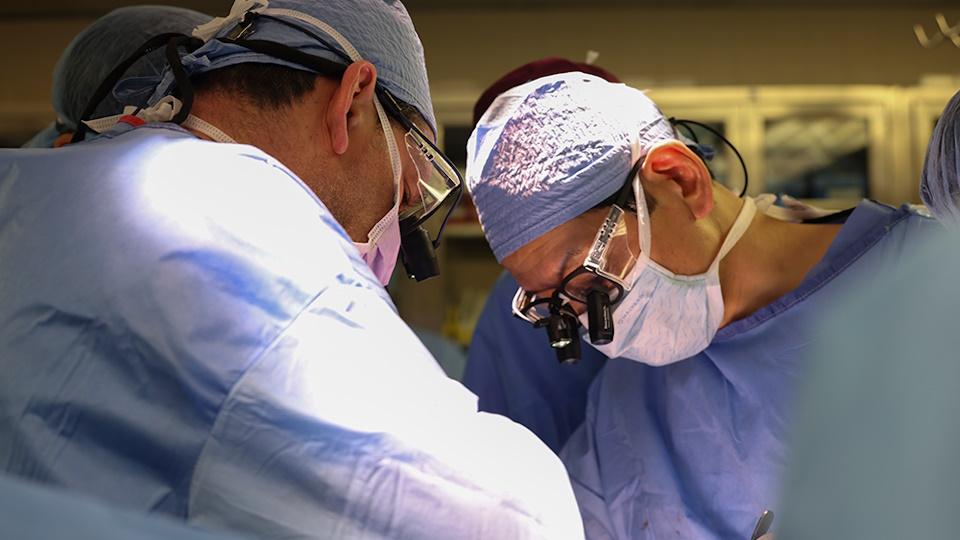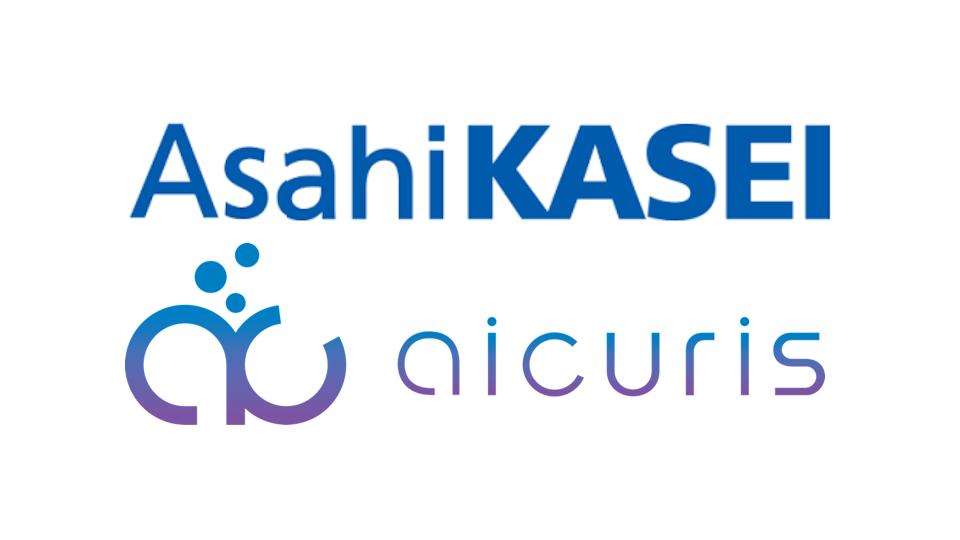Scientists hail first pig-to-man kidney transplant

Surgeons in the US have carried out the world’s first transplant of a pig kidney into a human, a feat made possible by genetic modification of the organ and an experimental immunosuppressant drug regimen to prevent rejection.
The recipient, 62-year-old Richard Slayman of Weymouth in Massachusetts, had end-stage renal disease and was dependent on dialysis. He received the kidney – supplied by eGenesis – during a four-hour operation carried out last Saturday.
According to the surgical team that carried out the transplant at Massachusetts General Hospital in Boston, the transplanted organ appears to be functioning well and Slayman is expected to be discharged soon.
The milestone in xenotransplantation – cross-species transplants – relied on cutting-edge biotechnologies, including the use of CRISPR gene editing to remove harmful pig genes and add certain human genes to improve its compatibility with humans.
The immunosuppressive drug regimen used to prevent rejection also included an experimental anti-CD40 ligand (CD40L) antibody, tegoprubart, developed by Eledon Pharmaceuticals, as well as off-label use of AstraZeneca’s already-marketed complement C5 inhibitor Ultomiris (ravulizumab).
Eledon’s antibody has also been used in the immunosuppression regimen of the second-ever pig-to-human heart transplant, performed by the University of Maryland Medical Center last September, as well as in human-to-human transplants.
So far, the use of xenotransplantation has seen limited success, with both heart transplant recipients living for no more than two months. The first recipient, who received a heart in 2022, died as a result of a porcine viral infection. The MGH team said it inactivated porcine endogenous retroviruses in the pig donor to eliminate any risk of infection in humans.
While the latest milestone will raise the hopes of the approximately 90,000 people in the US who are on the waiting list for a kidney transplant, it could be years before xenotransplantation is ready for routine use.
The procedure was performed under a single FDA Expanded Access Protocol (EAP) – known as compassionate use – granted to a single patient or group of patients with serious, life-threatening illnesses or conditions to gain access to experimental treatments or trials when no comparable treatment options or therapies exist.
Slayman has been living with type 2 diabetes and hypertension for many years and previously received a kidney transplant, which began failing last year. He agreed to the xenotransplant after careful consultation with the MGH team, saying: “I saw it not only as a way to help me, but a way to provide hope for the thousands of people who need a transplant to survive.”
“Seventy years after the first kidney transplant and six decades following the advent of immunosuppressive medications, we stand on the brink of a monumental breakthrough in transplantation,” said Leonardo Riella, medical director for kidney transplantation at MGH.
“At MGH alone, there are over 1,400 patients on the waiting list for a kidney transplant,” he added. “Some of these patients will unfortunately die or get too sick to be transplanted, due to the long waiting time on dialysis. I am firmly convinced that xenotransplantation represents a promising solution to the organ shortage crisis.”













